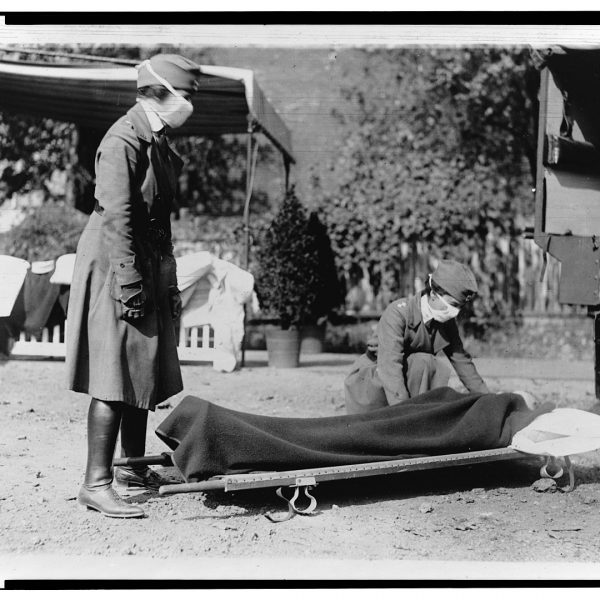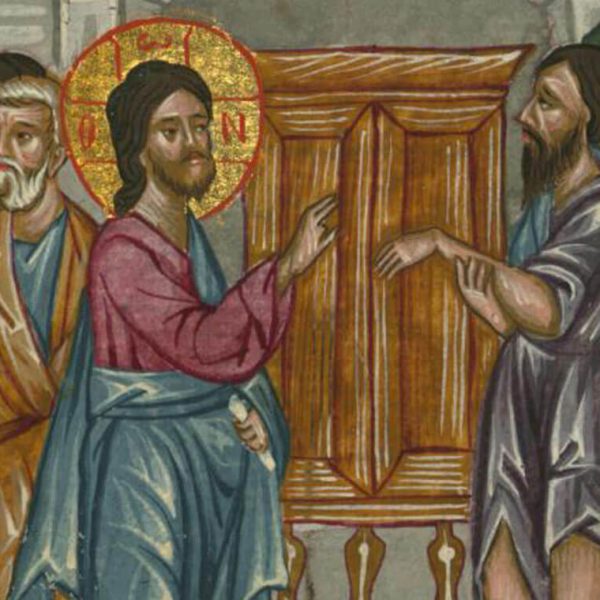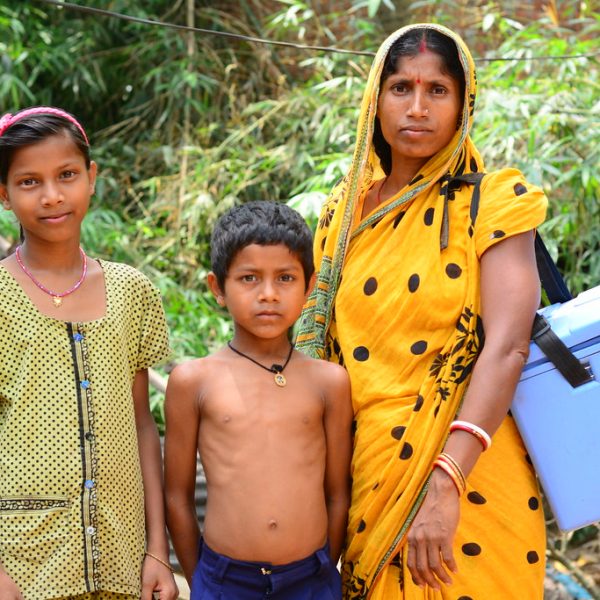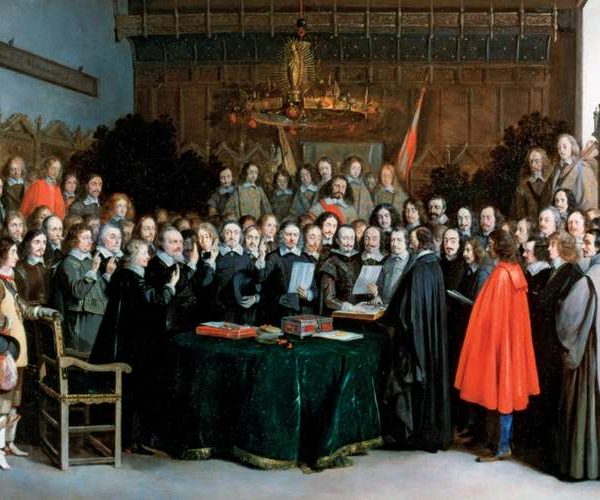
Even though the vaccination debate has nothing to do with religion, the public colored it with religious tones, and opted for policy inspired by the evolving culture of religious toleration and respect for individual conscience. After this move in the direction of post-reformation European culture took shape, public health turned medieval.
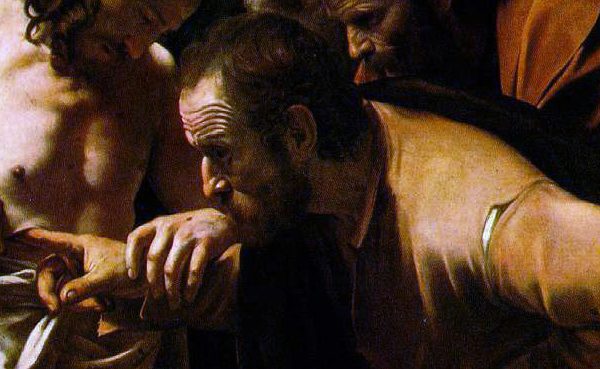
Uprooting a fear without replacing it with helpful information is redundant. Therefore, it is time to shift focus from merely quashing anti-vaccine sentiment to intentionally building vaccine confidence. Nigeria provides a heartening case study on how this can be achieved.
By Furaha Asani
